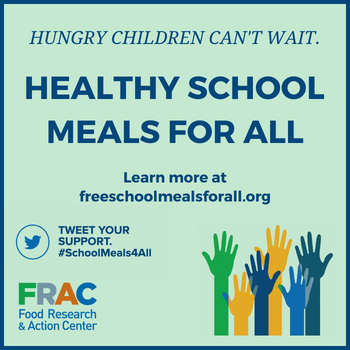
Q&A With Economist and Bestselling Author, Daniel Altman
The federal budget reconciliation law (H.R. 1 /OBBBA) represents the most significant rollback of the Supplemental Nutrition Assistance Program (SNAP) in history. While Congress passed this law at the federal level, its most significant effects will be experienced in cities and towns.
America has a hunger crisis. And it’s about to get worse.
The latest and last Household Food Security report released in December by the U.S. Department of Agriculture’s Economic Research Service (ERS) reveals that 47.9 million people lived in food-insecure households in 2024. These findings underscore a crisis that is set to deepen as the largest cuts to the Supplemental Nutrition Assistance Program (SNAP) in history take effect, and the decision by the Trump administration to no longer issue the report will simply hide the impact of these cuts on food security.
